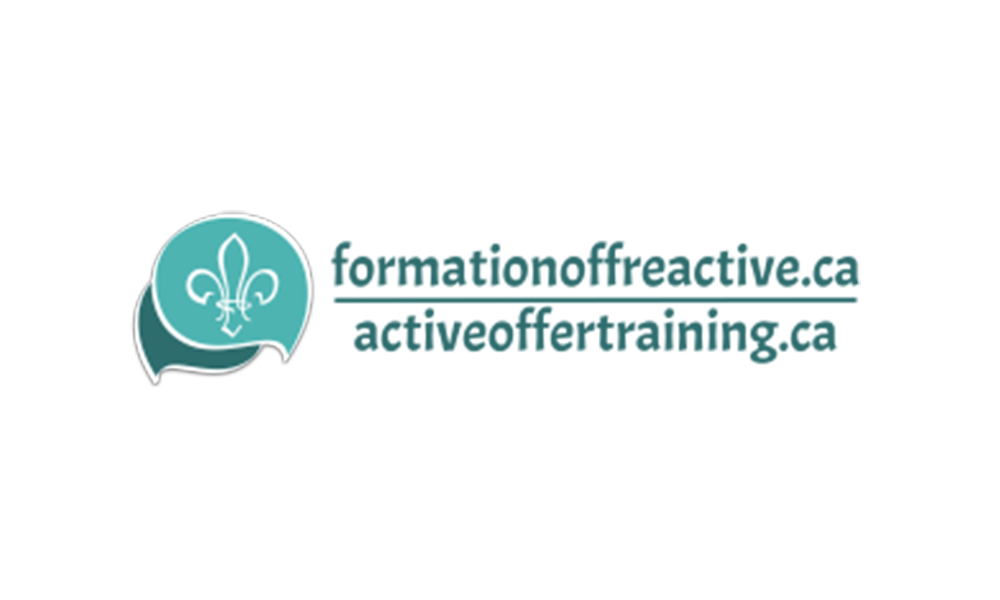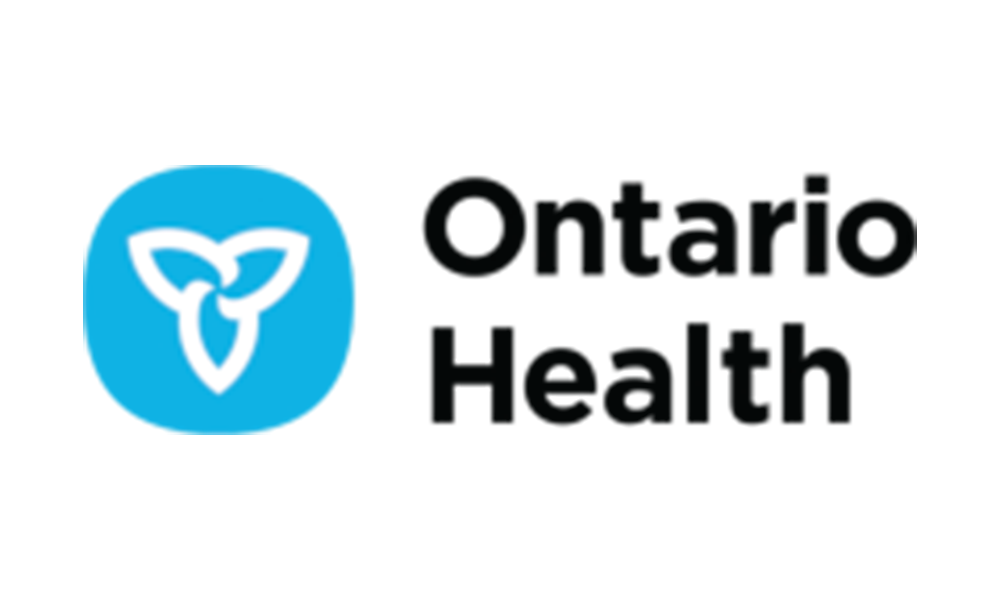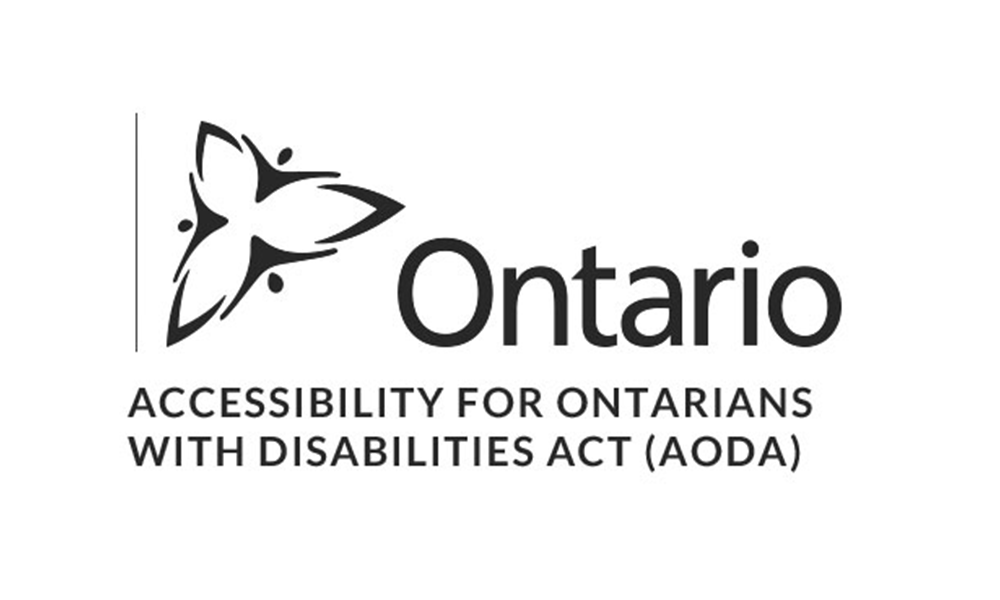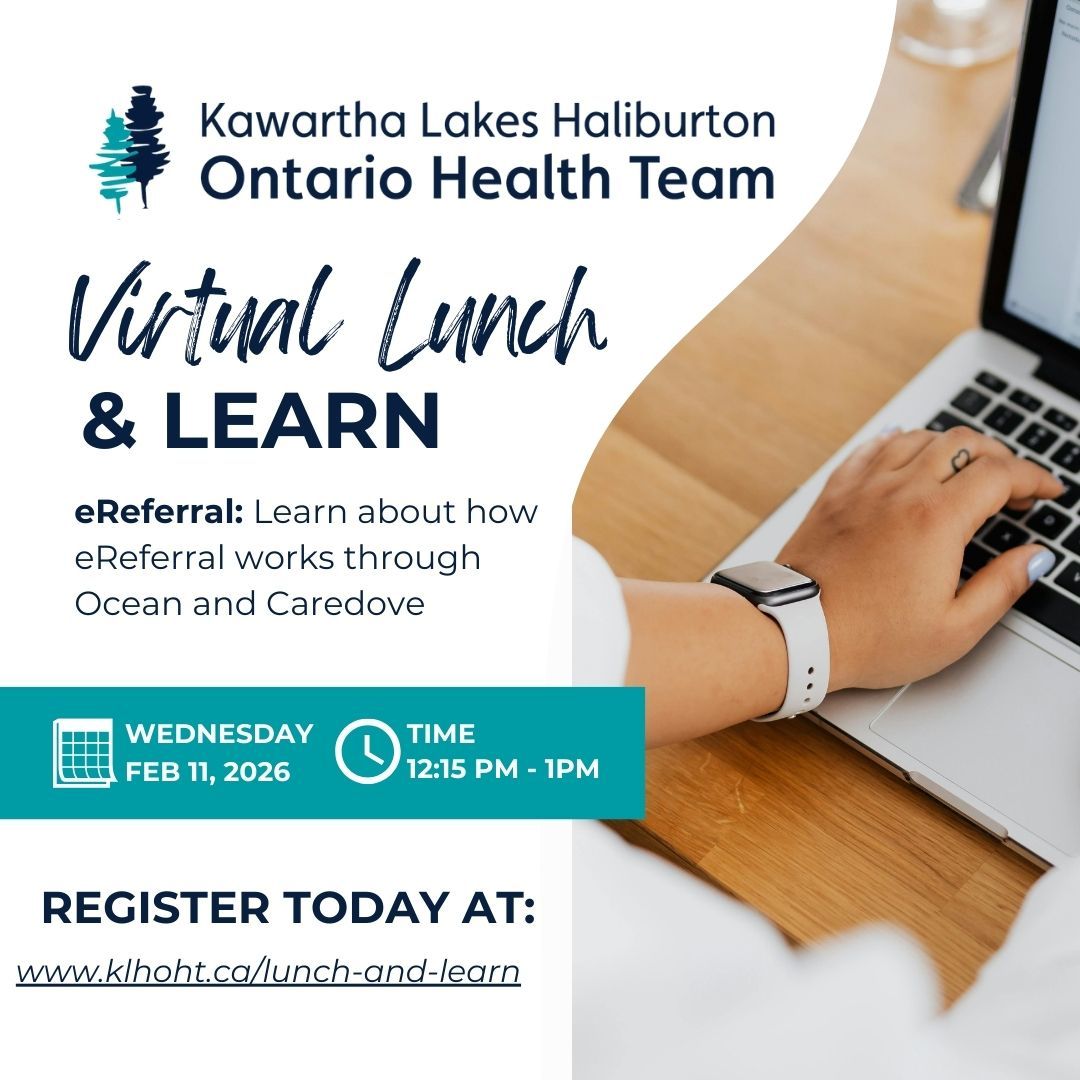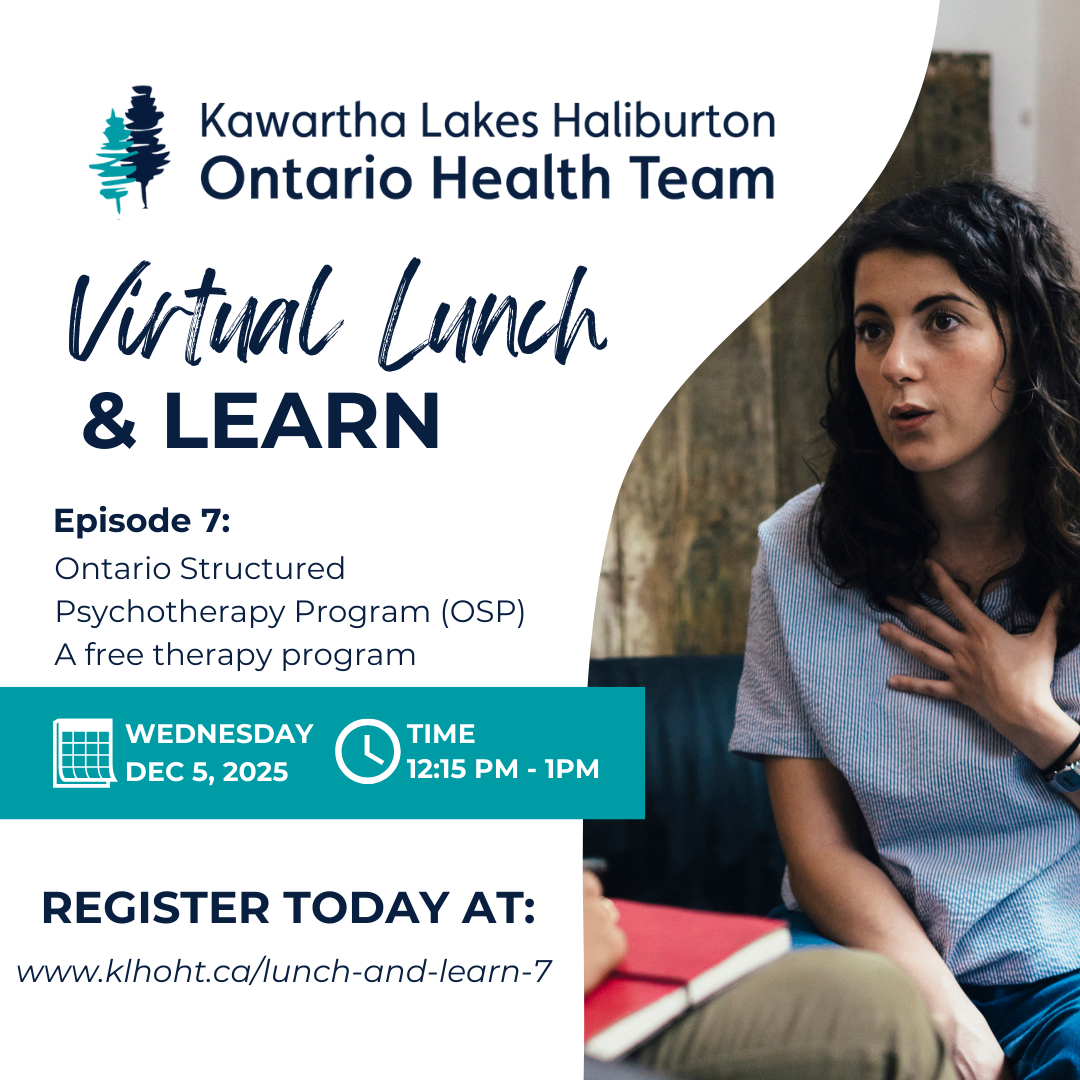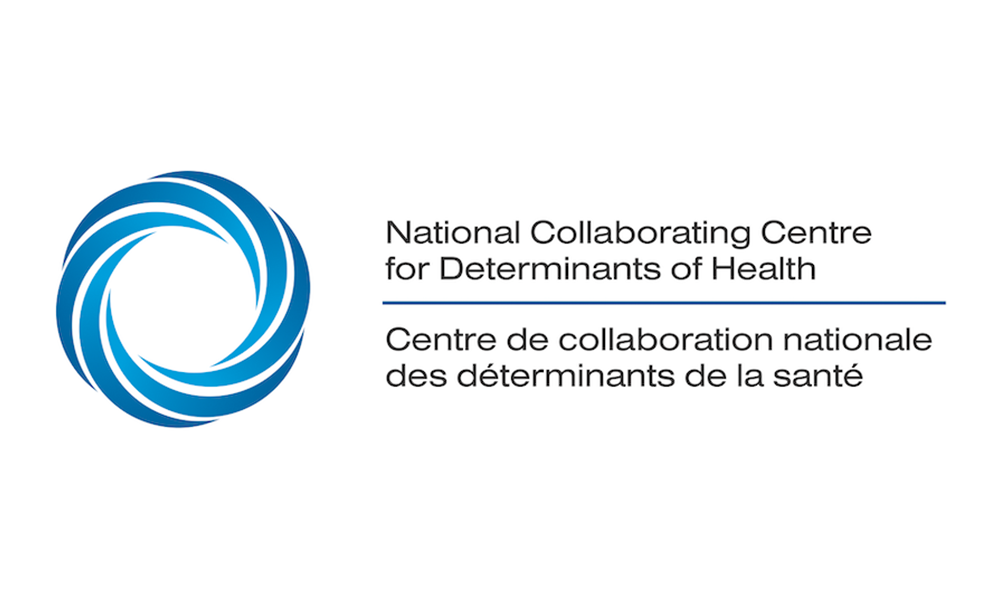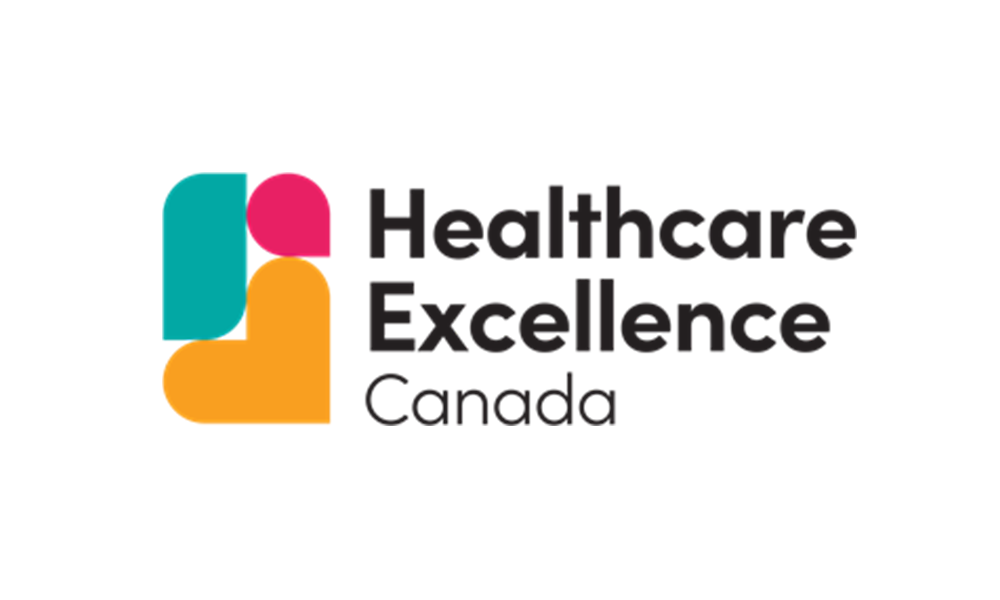Unattached Patient Urgent Care Clinic
The City of Kawartha Lakes Family Health Team is offering an urgent care clinic run by nurses, nurse practitioners and social workers for the residents of the City of Kawartha Lakes who do not currently have a family doctor or nurse practitioner, anywhere in Ontario.
Clinic Information:
Location: 55 Angeline St. North, Lindsay, Suite 2/3 (Giant Tiger Plaza) Dates: Fridays only (closed on statutory holidays)
Hours: 9:00am to 2:00pm
To Book an Appointment: Call 705-328-9853 Ext. 296 on Fridays between 8:00am to 9:30am OR Book online on Fridays between 8:00am and 9:30am.
This clinic sees patients by appointments only.
Frequently Asked Questions
Who can attend the clinic?
- Only those without a health care provider (doctor or NP) anywhere in Ontario and you live in the City of Kawartha Lakes.
Can I book an appointment in advance?
- No, you can book an appointment the same day of the clinic (Fridays) starting at 8:00am to 9:30am by phone or online. Please do not come to the clinic without an appointment OR to book an appointment.
What kind of appointments are available?
- This clinic will see patients for non-crisis mental health issues, diabetes, prescription refills (excluding Narcotics), cough, cold, flu like symptoms, urinary tract infections, skin concerns, stitch removal, aches and pains, etc.
Can I get medical forms/notes filled out?
- No, unfortuntately the staff at the clinic will not be able to fill out medical forms such as ODSP, hearing aids, WSIB, sick notes.
If I don’t have an OHIP card, can I attend?
- No, unfortunately this clinic can only see patients who have an OHIP card. For those without an OHIP card, you can visit the After-Hours Clinic (Monday – Thursday 6pm to 9pm and Saturday & Sunday 9am to 12pm (noon).
About City of Kawartha Lakes Family Health Team:
The City of Kawartha Lakes Family Health team (CKLFHT) provides primary care to some 35,000 patients at 13 locations across the City. CKLFHT provides high-quality, patient-centred care through a team of primary care professionals. Working collaboratively, CKLFHT supports the community through the skills and expertise of family doctors, nurse practitioners, nurses, registered dietitians, pharmacists, social workers, receptionists, phlebotomists, an occupational therapist, and a respiratory therapist. CKLFHT’s vision is for every resident of the City of Kawartha Lakes to have access to local team-based primary care. CKLFHT’s mission is deliver coordinated, high-quality, cost-effective, patient-centered primary care in a collaborative team model.
Share this Post
More News

